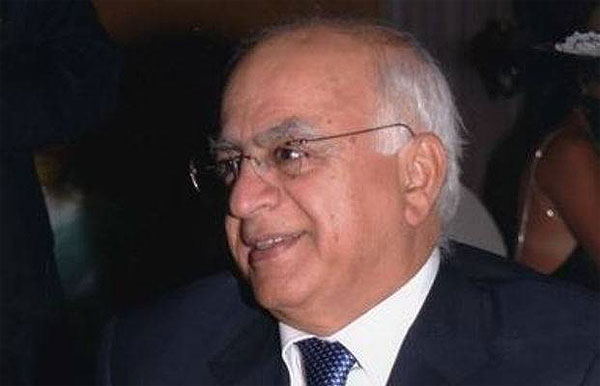09/09/2020
09/09/2020

India gained independence from Britain in 1947, and split the nation into India and Pakistan the same night on August 15. The division included the army, the navy, the civil service, the railways, and the central treasury, and the division led to the displacement of more than ten million people from their homes and businesses, people who happened to be on the other side of the divide – following the division that was based on religious grounds.
This created massive crises, massacres, burning and destruction of property worth billions. Maharajas, or kings of regions, played a dangerous role in ethnic cleansing, especially for Muslims.
One of the Maharajas, of Jammu and Kashmir had the option to remain with India or Pakistan, but the Sikh Maharaja of this state, delayed to make know his desire and that encouraged the Pakistani forces to enter and annex part of it by force, thus the Maharaja had no option but to seek India’s help to stop the Pakistani advance in exchange for joining India, and he got what he wanted.
That was the beginning of Pakistan’s hardships from 1947 until today, which has fought four wars with India that exhausted it with its continued claim to Kashmir and its surroundings. It was ready to accept anything to enhance its war capabilities. Military coups also exhausted the young state and the ruling clique’s corruption, and this is what India, which remained politically stable and industrially advanced, did not know.
* * *
The petrodollar money did not destroy a country in the world as it destroyed Pakistan, which became, or was chosen, to be the spearhead in fighting the growing Soviet influence in the region after their occupation of Afghanistan, and after it became clear that the only way to exhaust the Soviets was by using religion.
In spite of the huge military and material aid that Pakistan obtained from America and some conservative Arab countries, most of it ended up in the hands and pockets of tribal leaders and war generals.
* * *
Imran Khan’s arrival two years ago at the head the Pakistani cabinet marked a turning point in the history of this young country. For the first time, a prime minister has shown his abilities, academic and civil background and openness and might succeed in changing Pakistan’s status for the better after it was a focus of terrorism, violence and religious extremism to the world.
Despite my constant mixing with members of the diplomatic corps in Kuwait, before the pandemic, I rarely met the Pakistani ambassador, especially at family diplomatic parties. Consequently, it was striking that the new Pakistani ambassador to Kuwait, Syed Sajjad Haider, appeared in the ambassadors’ meetings, and his diplomatic and media activities to improve his country’s image.
It was also remarkable that the wife of the Pakistani ambassador took over the presidency of the prestigious ‘International Women Group’ (IWG), which was established 30 years ago in Kuwait, the Social Club for the Ambassadors’ wives in Kuwait, a club that the wives of former Pakistani ambassadors did not approach, so how to assume its presidency.
We welcome the new Pakistan, its ambassador and his wife, and we hope that Pakistan will play a more civilized and humanitarian role in the international community.
e-mail: [email protected]
By Ahmad alsarraf


